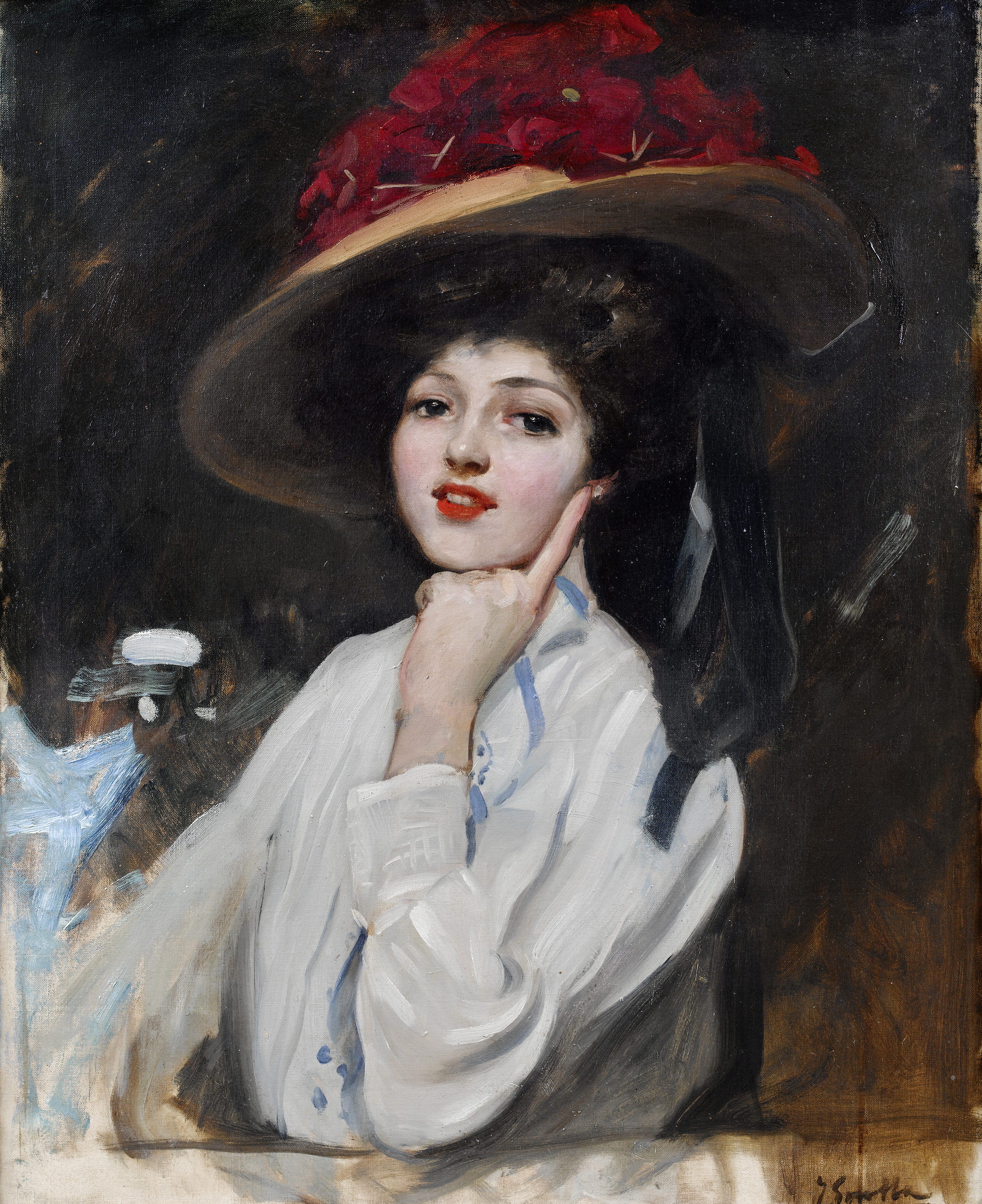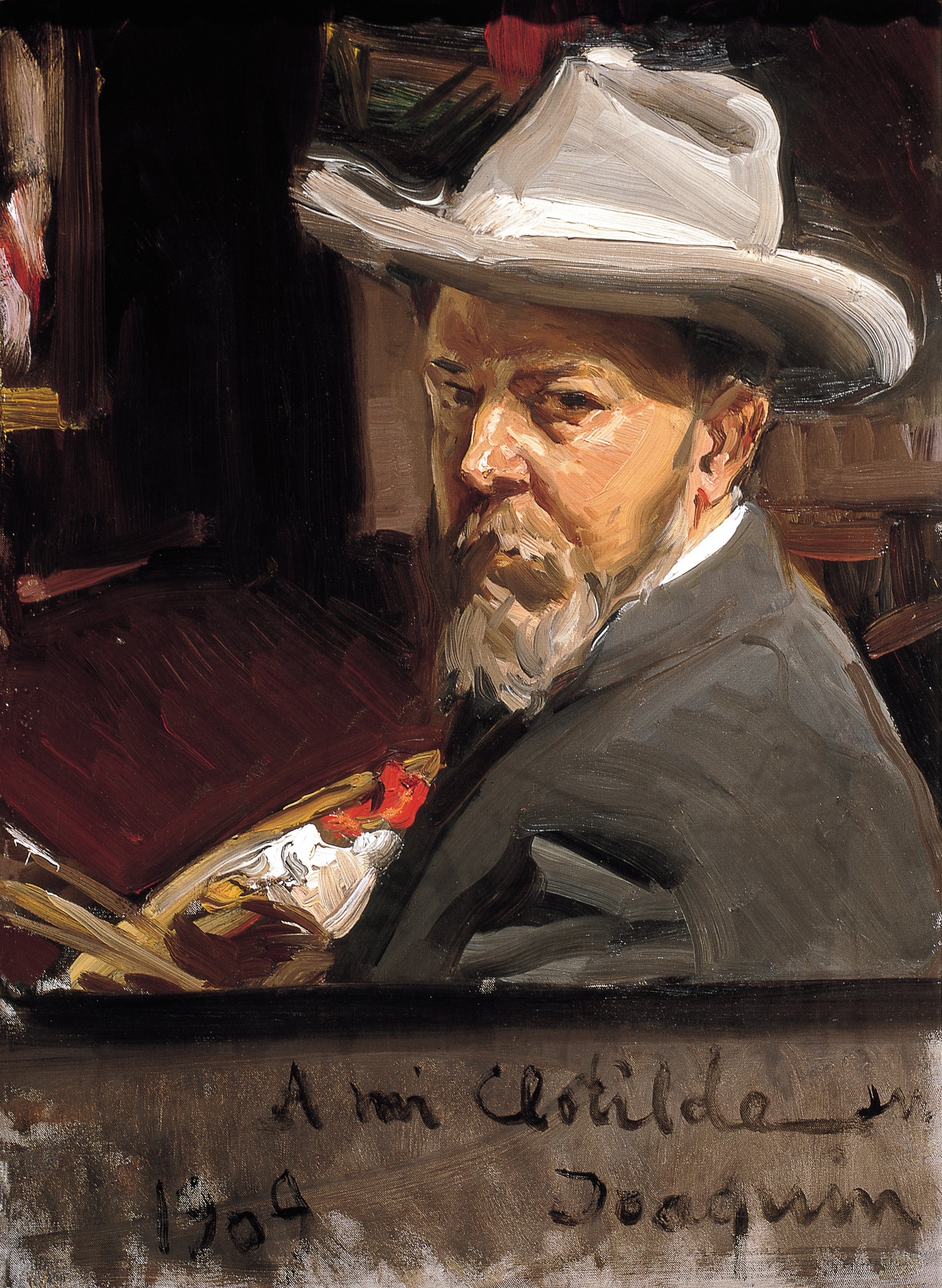In collaboration with the Museo Thyssen-Bornemisza, the Museo Sorolla is organising an exhibition that analyzes the presence of fashion in the work of Joaquín Sorolla. "Sorolla and Fashion"
Acclaimed as a genius by Sarah Bernhardt, Raquel Meller was a highly popular singer who started life singing cuplés (couplets) to earn a living. These were considered risqué and an undignified choice for a serious singer, but with her charm and charisma Meller managed to raise the genre and make it an acceptable art form. She went on to make her debut as a film actress in 1919. As well as performing all over Spain and France, she was the first Spanish popular singer to succeed in the USA where her live concerts broke box office records. On April 26th, 1926, she appeared on the cover of Time magazine. By 1930 she had attracted the attention and admiration of Charlie Chaplin, who negotiated unsuccessfully for her to have a role in his film City Lights (1931). He did incorporate her hit song The Violetera, however, as the film's major theme.
In La bella Raquel the naturalness of the pose, with the sitter looking directly at the viewer, her hand resting on her cheek, speaks of a new kind of elegance, a natural distinctiveness. The beautiful model poses in day wear, with a skirt or tailored suit, a major fashion revolution from the beginning of the century. The tailored suit first appeared in London around 1870 and was considered the perfect ensemble for modern life as it met all requirements: it was comfortable, practical, and simple, but at the same time elegant and distinguished.
We feature this painting thanks to our beloved Museo Sorolla in Madrid :) Read more about the artist and this great museum in the article "8 Things Everyone Should Know About Joaquin Sorolla".


 Joaquín Sorolla
Joaquín Sorolla